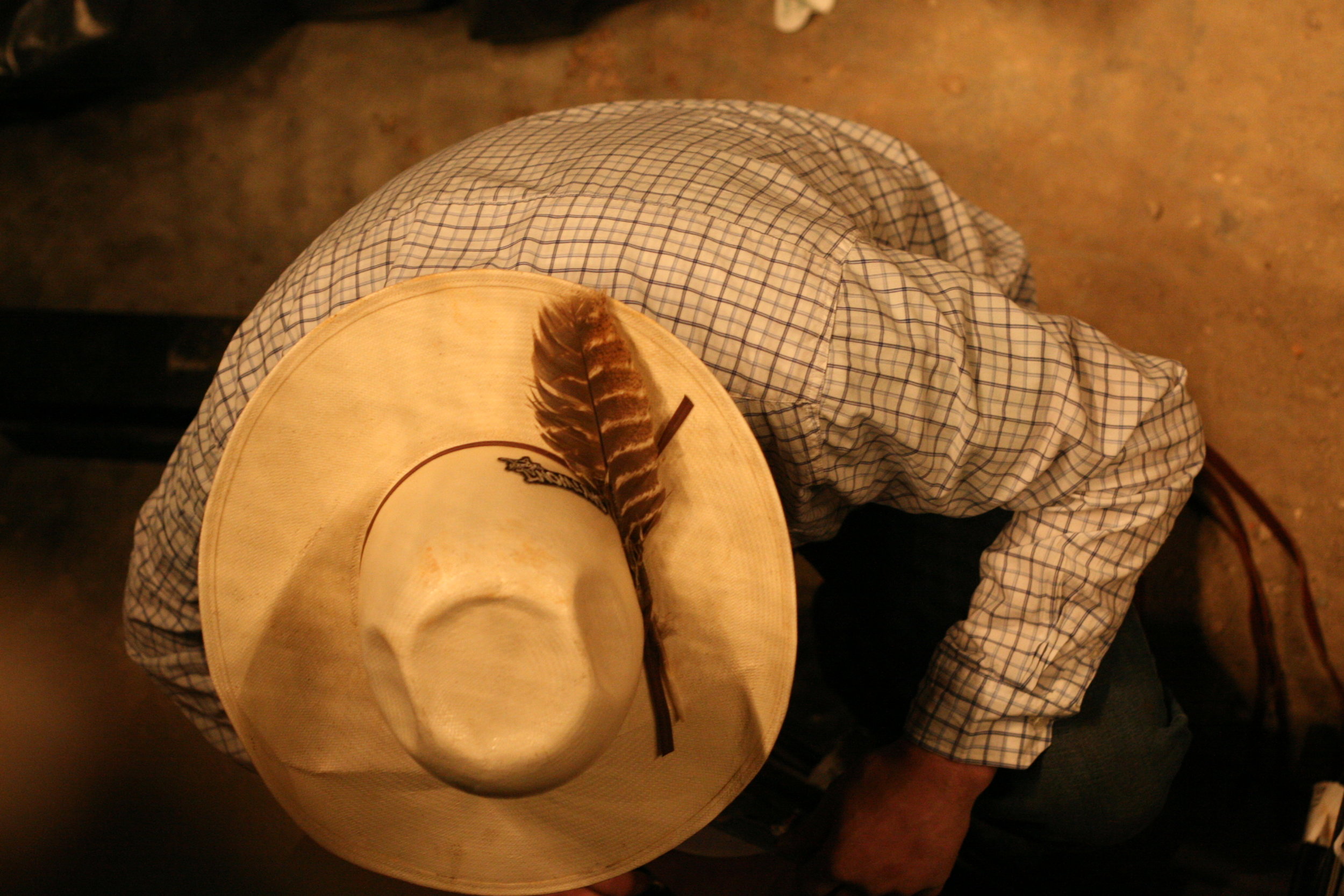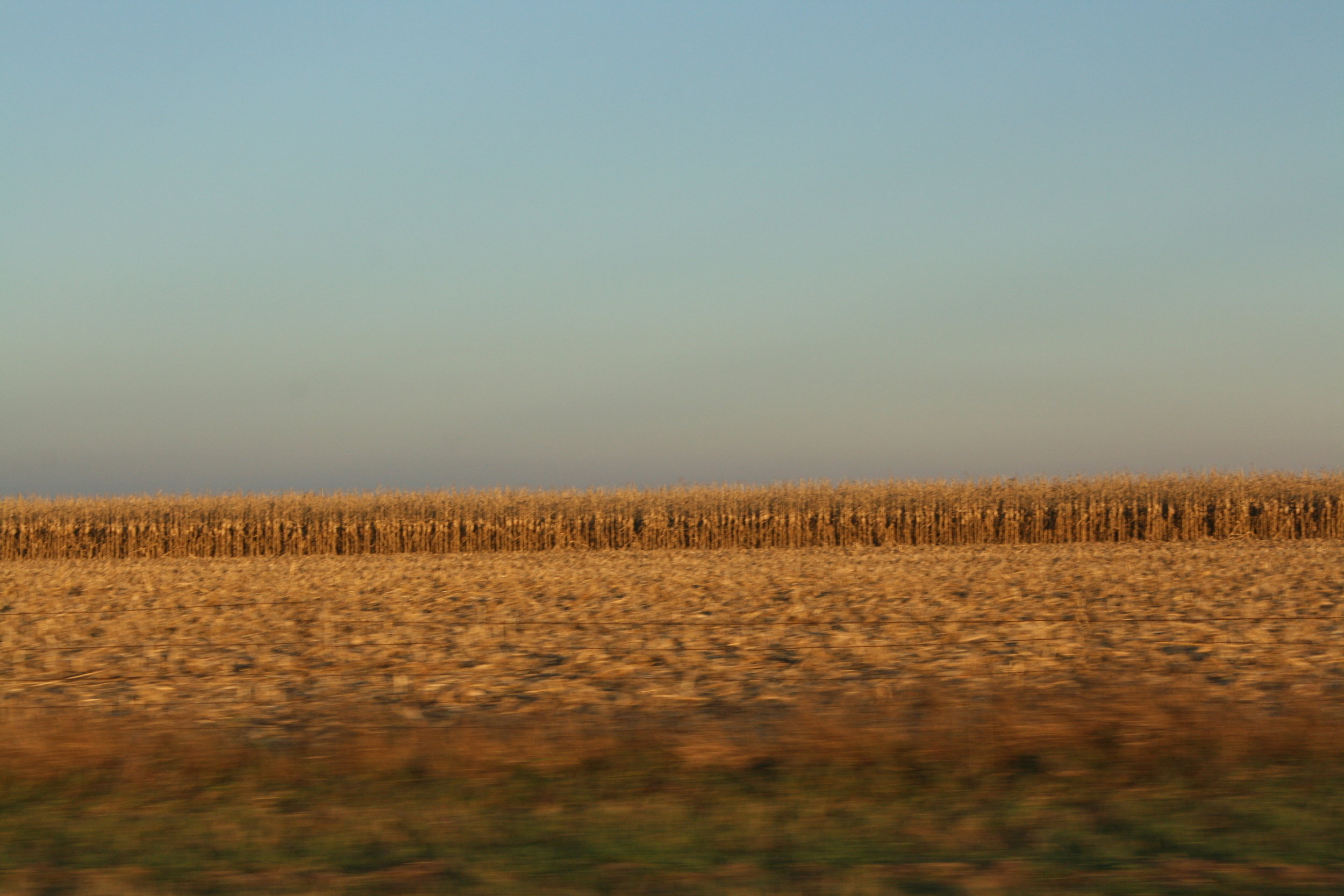Shining Light into the Pit
Guest Blogger
 Laura E. Steer joins the blog to share an editing challenge for a story she submitted to Relief.
Laura E. Steer joins the blog to share an editing challenge for a story she submitted to Relief.
Last year I was enrolled in a Non-Fiction Creative Writing class, but I didn’t have anything interesting to write about that had happened to me. After feeling sorry for myself that I’d never survived a natural disaster or overcome a terminal disease, I wrote the closest thing to fiction that I could get away with—a dream.
It was an epic tragedy. After journeying through miles of tunnel, I emerged into a sort of cavernous purgatory, where I found a young mentee of mine awaiting her sentence. The cave was complete with red lighting, smoke, and a gaping abyss that “beckoned its children to leap into its endlessness,” or, to take the drama out of it, a big hole representing eternal death. I begged the girl to escape with me, she begged me to stay in purgatory with her, and when I finally refused, she hurled herself into the pit. I then fashioned a story around the dream scene—blurbs of interactions between me and the girl, all of which built up to the emotional climax, which was the dream (and was much more exciting than anything I had to write about that had really happened).
I submitted it for publication at Relief, and it was accepted. Under the condition that I edit the dream scene. Heavily. Or remove it.
So I set to work editing. I had built the story around my dream. But the dream had morphed drastically from the abstract series of mental images produces by neurons firing back and forth in my brain that it had originally been. Somewhere along the way, I had written myself right into that endless pit and, at the bottom, found myself swimming in a vat of thick, sticky metaphor and imagery.
But the goal isn’t to fill in the Metaphor Pit with mounds of dry, subject-verb sentences. The goal is to shine a light into the pit and show its shape, to climb into it thoughtfully and chisel stories that are unique and stirring, worthy of being submitted to the public for scrutiny and applause.
I edited the dream scene down from 458 words to 87. It was scrutinized and applauded.
***
Laura E. Steer is a recent graduate of Malone University, where she majored in English (no, not to teach!) and minored in both Bible and Communication Arts. Though her ultimate goal is to pursue careers in editing and freelance writing, she has, in the meantime,accepted the position of Drama Director at her church. She also volunteers there as a middle-school youth leader, and plays keyboard and sings backup vocals for a Christian rock band. Beyond writing and music, Laura also enjoys consuming and creating visual art, namely photography. Her future plans include artistry, travel, and a possible move to Chicago. Laura's story "Phantom Child" can be found in Relief Issue 3.2.





 Steve smiled in triumph as we rounded the turn leading to Abu Mousa's doorway. One by one we passed through the front door and into a wide atrium garden, where Um Mousa had prepared a welcome feast—chicken over rice, with vegetables and pine nuts. We were jet-lagged and hungry, and the chicken was so good. We sat together and ate. A lot.
Steve smiled in triumph as we rounded the turn leading to Abu Mousa's doorway. One by one we passed through the front door and into a wide atrium garden, where Um Mousa had prepared a welcome feast—chicken over rice, with vegetables and pine nuts. We were jet-lagged and hungry, and the chicken was so good. We sat together and ate. A lot.








